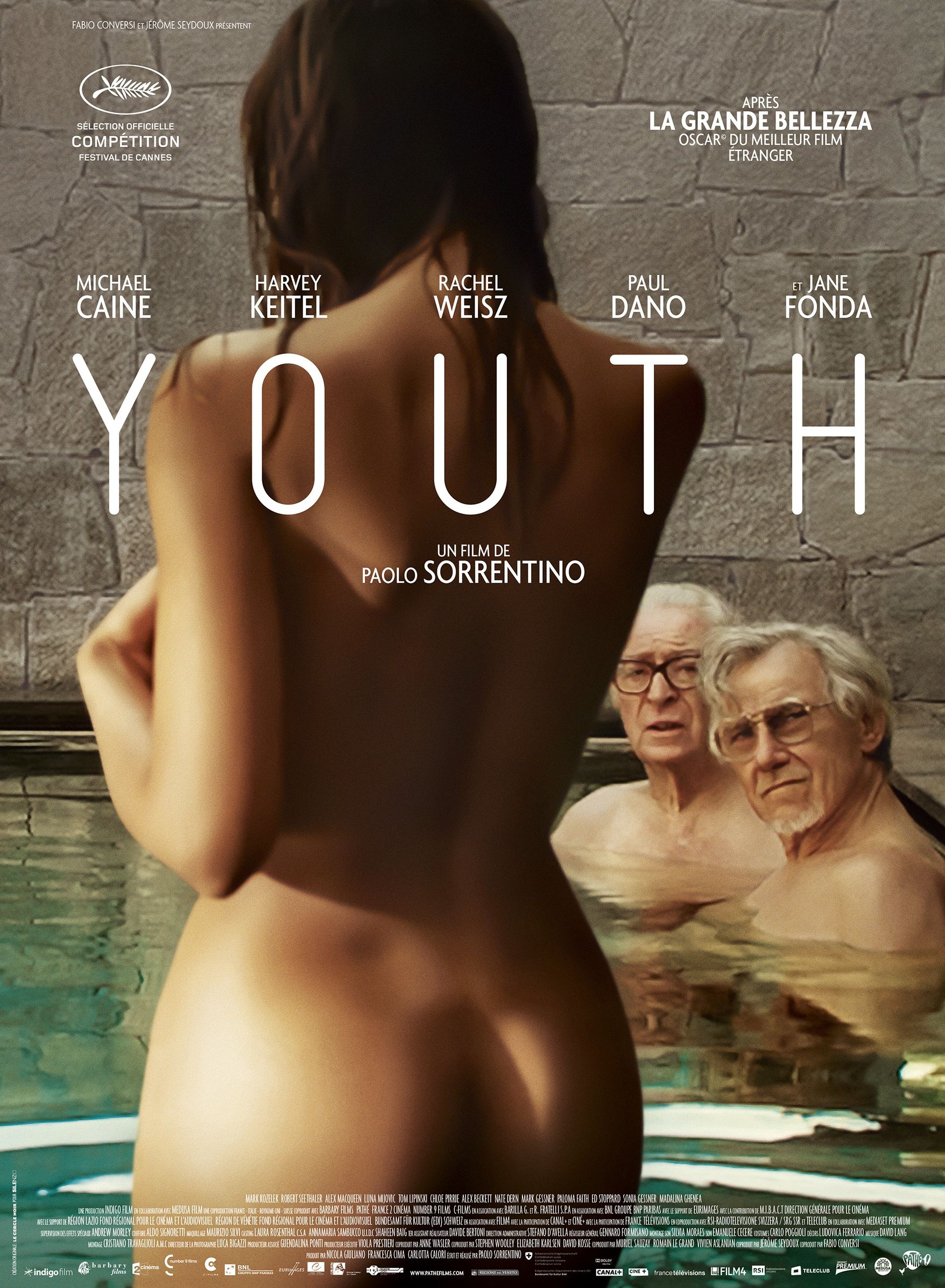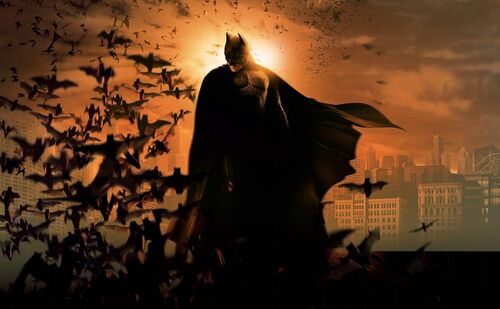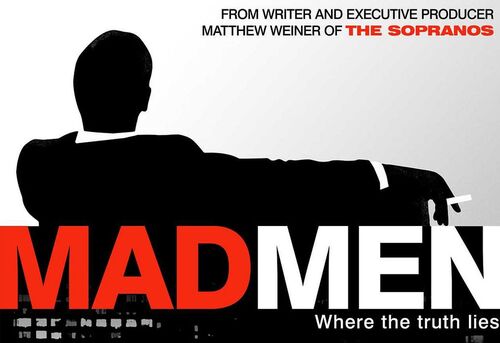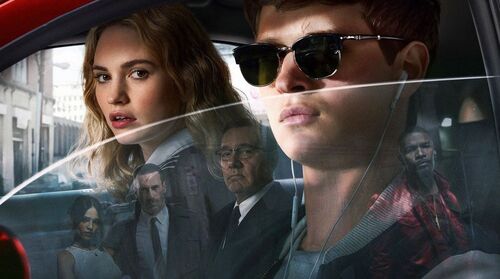
Youth - Measuring Levity
 Michael Caine, as Fred Ballinger, says at one point during the film "it happens to everybody. You learn something, and then you forget to brake". Perhaps that is at the center of the lead's internal trauma. His search for absolute in his creative pursuits means that he never slowed down to look around. Now that he can, he doesn't truly want to.
Michael Caine, as Fred Ballinger, says at one point during the film "it happens to everybody. You learn something, and then you forget to brake". Perhaps that is at the center of the lead's internal trauma. His search for absolute in his creative pursuits means that he never slowed down to look around. Now that he can, he doesn't truly want to.
Michael Caine has been a prominent name in the past ten years as a secondary player in many films, including frequent collaborations with Christopher Nolan. Youth is a film that was made for him, and he shines wondrously with a performance as worthy as anyone come award season.
Youth follows a retired orchestra conductor who is holidaying with his daughter and his best friend (who happens to be a life-long film director) in the Alps when he is invited by Queen Elizabeth II to perform for Prince Philip's birthday. Paolo Sorrentino's second English-language film might just so far be his triumph.
There are many powerful moments littered throughout a film that hops from one scene to the next with invigorating steadiness. Fred is a man who is clearly emotionally withdrawn, often claiming emotions to be overrated. His incessant belief in this leads to him admitting that his love of music is that it just exists, away from the rights and wrongs of human emotional behaviour.
This comes much later, after his daughter (Rachel Weisz) is left broken hearted by her husband, who has found another woman. At Lena Ballinger's darkest moment, she unleashes everything on her father, but due to his own inability to face his feelings, he takes it all wordlessly.
It reveals a man who is deeply flawed and who lived a life of imperfect ignorance toward those around him. He often seems ready for death, entirely disinterested in pursuing something worth living for, and frequently makes a point of having worked too hard his whole life to go back to it.
Harvey Keitel plays Fred's best friend, Mick Boyle, whose own creative pursuits are a focal point of the narrative. His mind-frame is of a completely different kind to Fred's. Instead, he wants to continue to create, this time his testimony. His film is something that keeps him going. It gives him a reason to live.
The writing is superb. Dialogue is witty, smart, sophisticated, and at times hilarious. When Mick utters that "we're all just extras", it resonates. The film knows when to cut the music, and steady the camera. The lens never bothers to move around too much, and it could be said that this is intended on behalf of its ageing cast members.
The human body is another visual cue that plays a heavy role, mostly in the first half. The naked body is essentially a prop, in ways designed as a timeline, or capsule, featuring an array of men and women, and only sexually when absolutely necessary. That use of still camera is simple but effective, capturing moments with little fuss.
In the aftermath of Lena's outpouring, a woman enters the room and lowers Fred's massage table. It dips below Lena's own bed's height. We see it happen in a prolonged sequence from just one angle. He's fallen, or rather, he's been dropped, and by his own daughter. This is the point at which layers begin to peel. The film starts to bare its teeth.
In another sequence, Fred sits outside amidst a crowd of empty chairs, many rocking as though inhabited by ghosts. This mirrors the film's final scene, and in hindsight perhaps returns old memories Fred had thought forgotten.
While Mick's search for purpose is gripping in a sense of how it co-exists with Fred's opposing world view (and their interactions are one of the highlights of the film), his sequences alongside his group of collaborators leave a little to be desired. Nameless, they all share enough time in front of the camera that they needed to offer something more.
A ten minute sequence nearing the end involves the group, with no Fred in sight for the entire time. It's probably the only time in which the film felt a drag, missing its standout leading man.
Michael Caine deserves an article all his own, based on his solitary performance. He plays withered and lost with such conviction it may just be real, but the cut of his tongue in moments of witty humour are spot on. His relationship with Jimmy (Paul Dano) is a curious one. Where Jimmy certainly in many ways represents youthfulness, he himself takes so much from the ways in which the elderly people around him behave and interact.
The truly youthful, the children of the film, have a bizarre but effective role. In ways, their voices are profound, appearing for a moment in the film to give hope to a future that relies on their willingness to learn and achieve things themselves.
The film successfully progresses forward toward a payoff (that actually takes place during the credits), despite the fact that it is short on plot. This is certainly a character guided film, a journey into unknown territory. We're all afraid of death, and Youth approaches it with both hesitance and yet a beauty, finding levity in the entire ordeal that is life. Nature always wins, even if Fred manages to orchestrate a choir of cows and birds in a quirky early scene.
The astounding masterwork that is Youth stems from its performances and its artistic direction, but also from its avoidance of trite themes reserved often for characters of age in lesser work. Themes of loss, regret, acceptance, they're all discarded for a film that doesn't treat its characters with trite and heavy penmanship.
It will be remembered most notably perhaps for Michael Caine's stunning performance, but further it is an example of what film at its purist can be. It's visceral and affecting, absent of overdone drama or cliche. It is film with purpose and with power, a meaningful journey that never takes itself too seriously. Michael Caine can truly take a bow for this performance.


